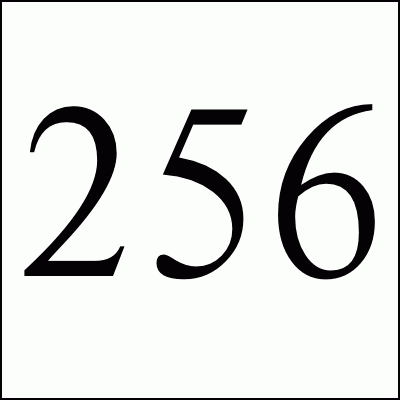Interesting Calendar Facts
From Duncan, David Ewing. ``Calendar: Humanity's Epic Struggle To
Determine A True And Accurate Year''. NY: Avon, 1998. On pages ix-xii
you will find the following.
- Length of the (tropical) year in 2000 A.D.: 365 days, 5 hours, 48
minutes, 45 seconds
- Time that the year has slowed since 1 A.D.: 1O seconds
- Average decrease in the year due to a gradual slowing of the earth's
rotation: 1/2 second per century
- Lunar Month: 29 days, 12 hours, 44 minutes, 2.9 seconds
- The earliest known date: 4236 B.C., the founding of the Egyptian
calendar
- Ancient Egyptian year: 365 1/4 days
- Early Chinese year: 354 days (lunar year)with days added at
intervals to keep the Chinese lunar calendar aligned with the seasons
- Early Greek year: 354 days, with days added
- Jewish year: 354 days, with days added
- Early Roman year: 304 days, amended in 700 B.C. to 355 days
- The year according to Julius Caesar (the Julian calendar): 365
1/4 days
- Date Caesar changed Roman year to Julian calendar: January 1, 46
B.C.
- Amount of time the old Roman calendar was misaligned with the
solar year as designated by Caesar: 80 days
- Total length of 46 B.C. known as the"Year of Confusion,"after
adding 80 days: 445 days
- The year as amended by Pope Gregory XIII (the Gregorian
calendar):365 days, 5 hours, 48 minutes, 20 seconds
- Date Pope Gregory reformed the calendar: 1582
- Length of time the Julian calendar overestimates the solar year
per year, as determined by Pope Gregory: 11 minutes, 14 seconds
- Number of days Pope Gregory removed to correct the calendar's
drift: 10
- Dates Gregory eliminated by papal bull to realign his calendar
with the solar year: October 5-14, 1582
- Dates most Catholic countries accepted the Gregorian calendar:
1582 - 1584
- Date Protestant Germany accepted the Gregorian calendar: partial
acceptance in 1700, full acceptance in 1775
- Date Great Britain (and the American colonies) accepted the
Gregorian calendar: 1752
- Length of time eliminated by the British Parliament to realign
the old calendar Julian) with the Gregorian calendar: 11 days
- Dates Parliament eliminated: September 3-13, 1752
- Date Japan accepted the Gregorian calendar: 1873
- Date Russia accepted the Gregorian calendar: 1917 (and again in
1940)
- Date China accepted the Gregorian calendar: 1949
- Date the Eastern Orthodox Church last voted to reject the
Gregorian calendar and retain the Julian calendar: 1971
- Length of time the Gregorian calendar is off from the true solar
year: 25.96768 seconds per year
- Length of time the Gregorian calendar has become misaligned over
the 414 years since Gregory's reform in 1582: 2 hours, 59 minutes, 12
seconds
- Year in which the Gregorian calendar will be one day ahead of the
true solar year: A.D. 4909
- Year that Atomic Time replaced Earth Time as the world's official
time standard: 1972
- The year as measured in oscillations of atomic cesium:
290,091.200,500,000,000
- Year 2000 Will Be:
- 2004 according to Christ's actual birth circa 4 B.C.
- 2753 according to the old Roman calendar
- 2749 according to the ancient Babylonian calendar
- 6236 according to the first Egyptian calendar
- 5760 according to the Jewish calendar
- 1420 according to the Moslem calendar
- 1378 according to the Persian calendar
- 1716 according to the Coptic calendar
- 2544 according to the Buddhist calendar
- 5119 in the current Maya great cycle
- 208 according to the calendar of the French Revolution
- the year of the DRAGON according to the Chinese calendar
Free Spam Protection
Android ORM
Simple Java Zip
JMX using HTTP
Great Eggnog Recipe
Eero Model Comparison
